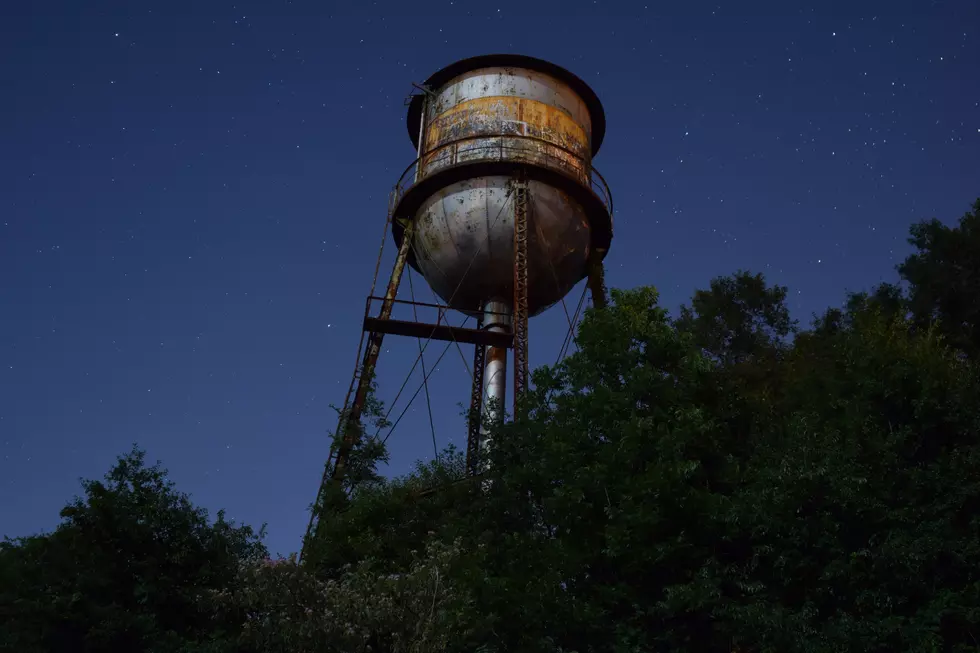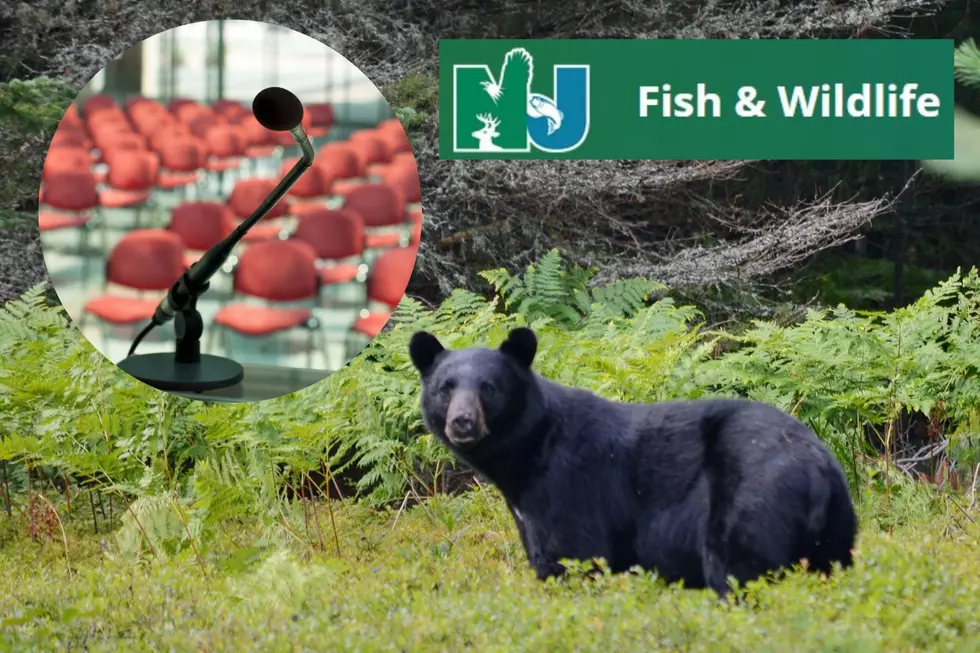
Lawmakers look to crack down on nursing homes that don’t improve
TRENTON – In response to a report from the state comptroller about how consistently low-rated nursing homes continue to receive Medicaid funding, state lawmakers are advancing yet another package of bills aimed at improving long-term care.
Nursing homes have been at the center of attention often at the Statehouse in the nearly three years since the start of the COVID-19 pandemic, during which more than 9,000 of their residents and staff have died.
“We must fix New Jersey’s system as lives are literally at stake,” said Evelyn Liebman, director of advocacy for AARP New Jersey.
The latest group of bills includes one that provides for an escalating series of warnings and sanctions if long-term care facilities don’t turn around their one-star ratings, including the possible removal of Medicaid enrollees from a facility – which would be devastating to their finances.
“These aren’t punitive,” said Sen. Joseph Vitale, D-Middlesex. “We really want the nursing home industry, long-term industry to be successful.”
“We’re more than willing to be supportive financially to long-term care facilities,” Vitale said at an October meeting of the Senate health committee. “But we have to know exactly how it’s being spent, and we’re certainly willing to be a partner in improving those facilities – that are willing to improve.”
RELATED: Worst NJ nursing homes are not getting better
Jim McCracken, the president and chief executive officer of LeadingAge of New Jersey and Delaware, an association of not-for-profit nursing homes, said if the facilities are fined more heavily, they’ll be hard-pressed to improve.
“What we’re concerned about is mandatory penalties and sort of the piling on of penalties to the same poor-performing facilities that ultimately hinder them more,” McCracken said.
In addition to penalties and management support for poor performing nursing homes, the bills currently under consideration also include more money for the state’s ombudsman and other progressive levels of oversight.
One would create ‘Mission Critical Long-Term Care Teams,’ designed to identify and intervene at nursing homes deemed at risk of operational and financial distress.
McCracken said for the law to work, the teams will have to be truly independent experts there to help.
“And not be an additional arm within the Department of Health to issue sanctions, fines and other things,” he said. “Because if that happens, honestly, the collaboration won’t work effectively and resident care won’t improve.”

Michael Symons is the Statehouse bureau chief for New Jersey 101.5. You can reach him at michael.symons@townsquaremedia.com
Click here to contact an editor about feedback or a correction for this story.
25 costliest hurricanes of all time
New Jersey's smallest towns by population
More From 94.3 The Point









